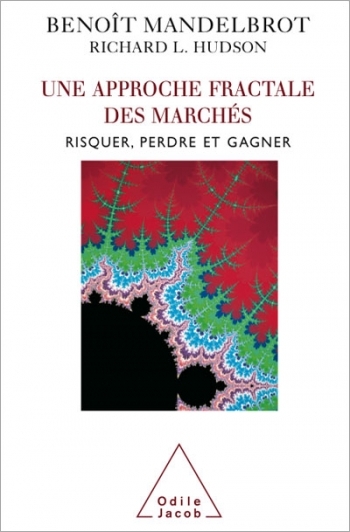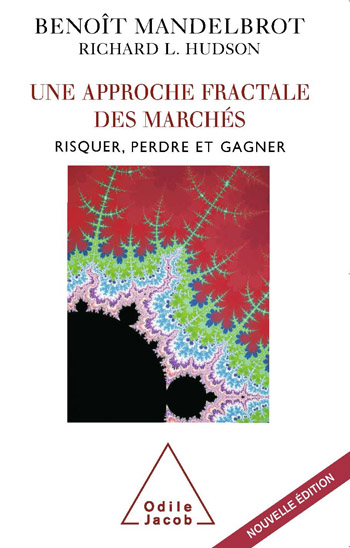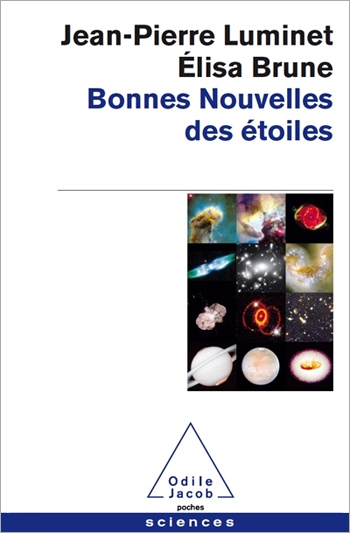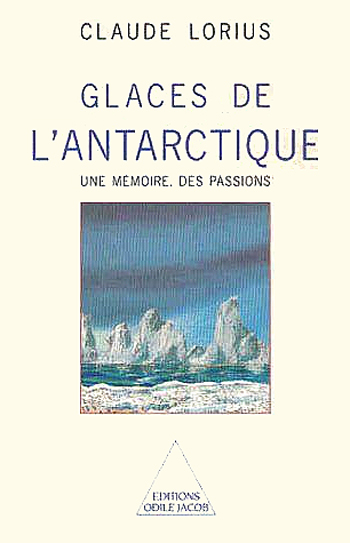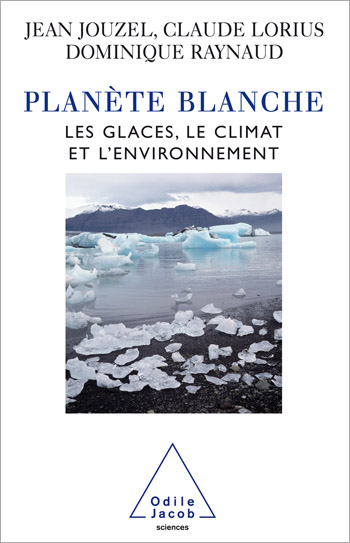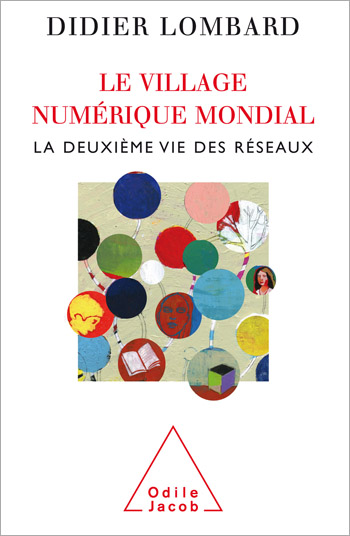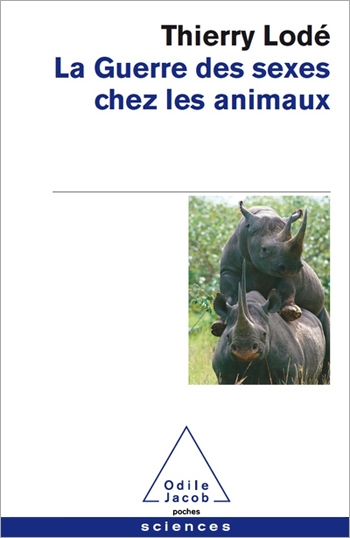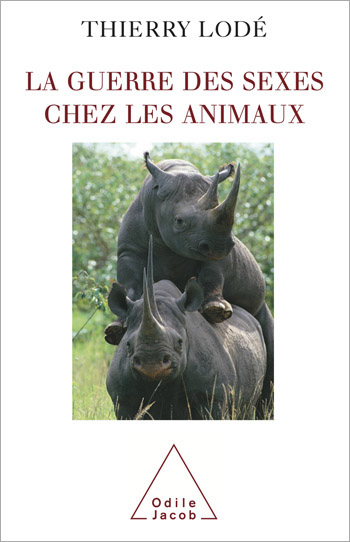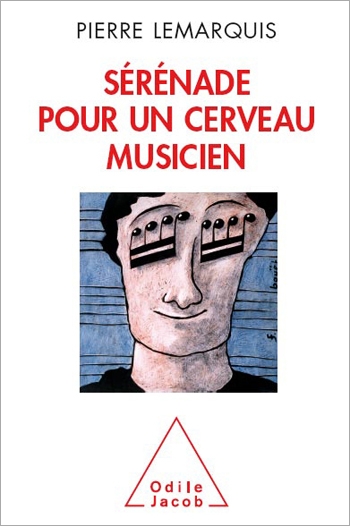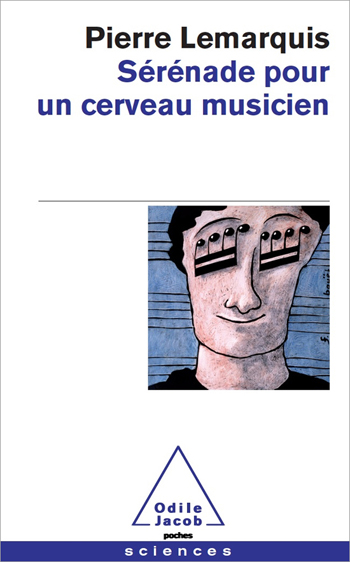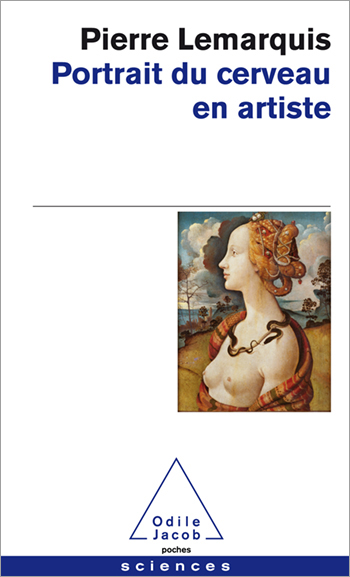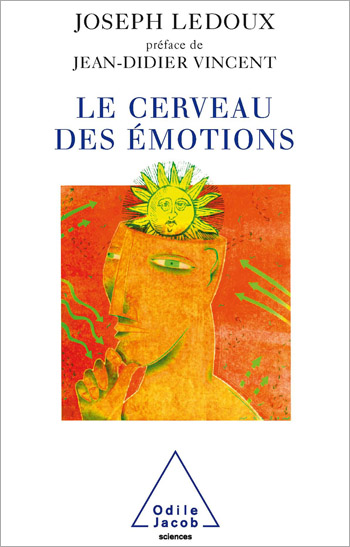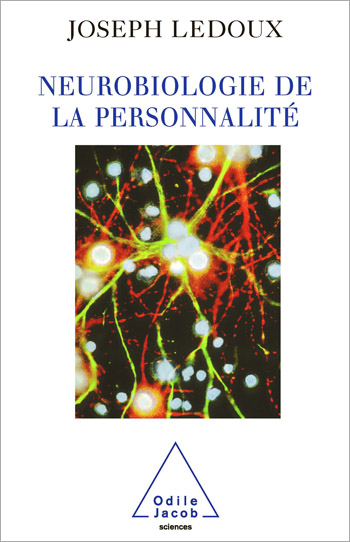Science All books
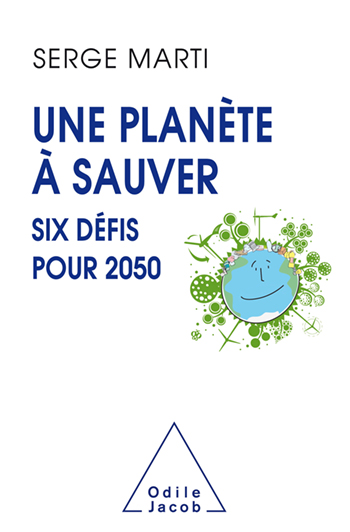
Serge Marti
Planet Earth : Six Challenges for 2050
A vast overview of the great socio-eco-economic problems of the planet. Clear and factual analyses, showing the interdependence of the issues.
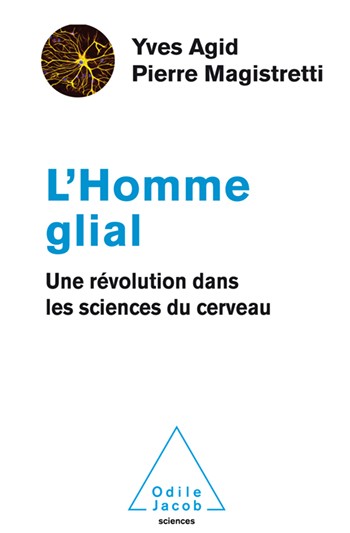
Yves Agid, Pierre Magistretti
The Glial Man A Break in Neuroscientific Thinking
A strong thesis with three-fold implications: a new way of understanding the functioning of the human brain; new bases to better diagnose neuro-psychiatric pathologies; new paths for research into treatments against these diseases.
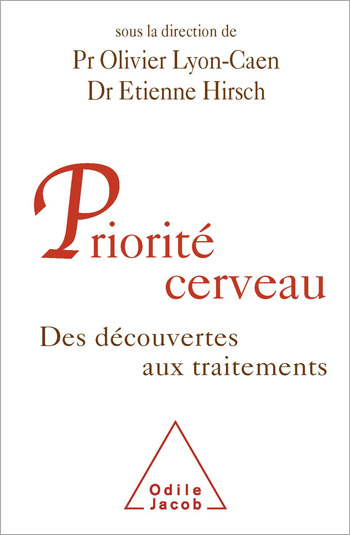
Olivier Lyon-Caen, Etienne Hirsch
Priority: The Brain From Findings to Treatments
This book advocates the development of a “Brain Programme” with a global approach toward the study and treatment of neurological pathologies, while appealing to public support, with firm political backing, in order to make the realisation of such a programme feasible.
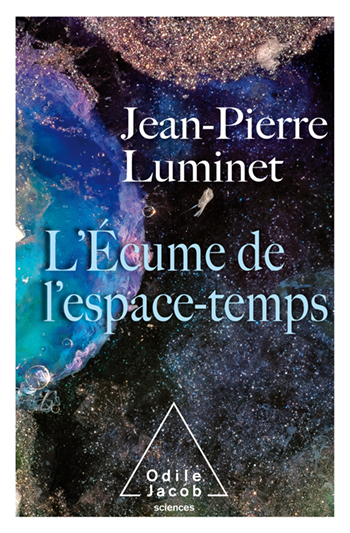
Jean-Pierre Luminet
The Froth of Space-Time The marvels of quantum gravity
The most abstract (and most recent) theories in physics and cosmology explained to all! No equations: only ideas and passion. A must for all science fans.
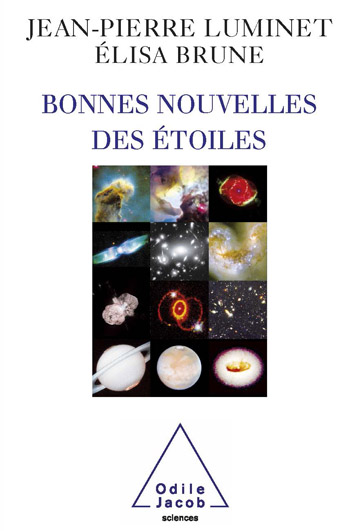
Jean-Pierre Luminet, Élisa Brune
Good News from the Stars
This book describes the current state of knowledge on astronomy, without taking the form of a science lesson.
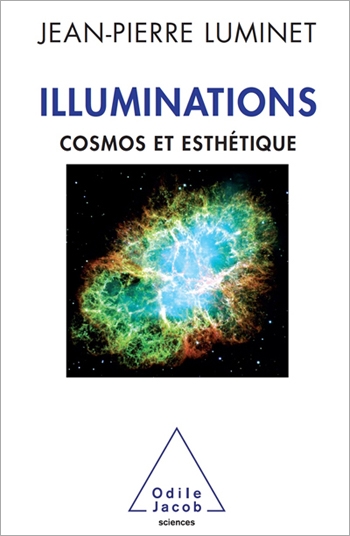
Jean-Pierre Luminet
Illuminations Cosmos And Design
An eminent scientist explains the Universe through a number of short stories, anecdotes and revelations while guiding us on a fascinating journey.
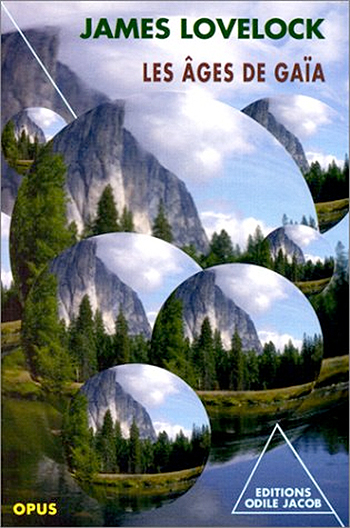
James Lovelock
The Ages of Gaia A Biography of Our Living Earth
The fascinating, controversial and most-worshipped hypothesis of ecologists - that of considering the Earth as the biggest living organism, referred to as Gaïa. It is here discussed by its inventor in person, who shows us that if our planet hasn't always had the same face, it's because there have been several ages corresponding to the predominance of very different species. In three centuries, humanity has wrought more modifications to the face of Gaïa than natural evolution did in millions of years. Although he does not doubt that the Earth, today turned completely upside-down by industrial activities, will find a new equilibrium, he does suppose that it could at the price of the disappearance of man, whose reign represents only one of the ages of Gaïa. Born in 1919, James Lovelock is the author of The Gaïa Hypothesis, a book which shook up the scientific world in the beginning of the seventies and met with great public acclaim.
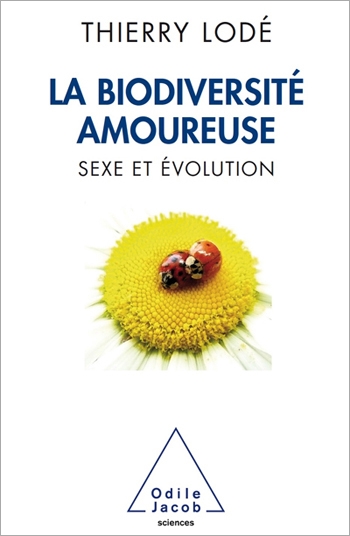
Thierry Lodé
Amorous Biodiversity Sex and Evolution
A new approach to evolution, linked to sexuality, for a better understanding of the history of biodiversity
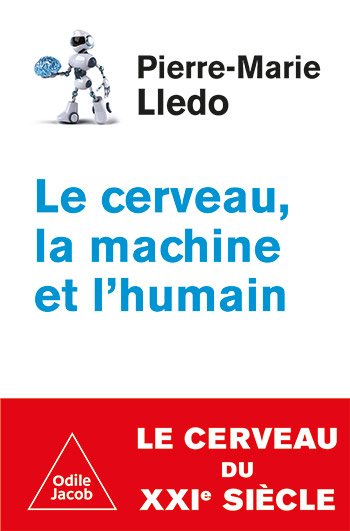
Pierre-Marie Lledo
The Brain In The 21st Century
Beyond neurobiology, an analysis of the impact of these discoveries not only on the sciences of education, psychology, medicine, but also on theology, marketing, economics ... An essential ethical reflection on the use we must make of this knowledge so as not to distort the foundations of our humanity and also our freedom.
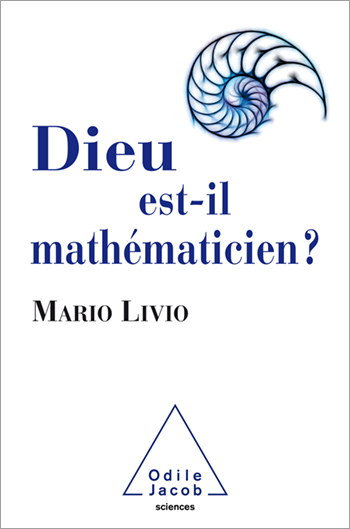
Mario Livio
Is God a Mathematician?
A best seller, finally available in France A question that everyone has asked, even if they don't dare ask out loud… Mathematics? An aspect of culture like any other.
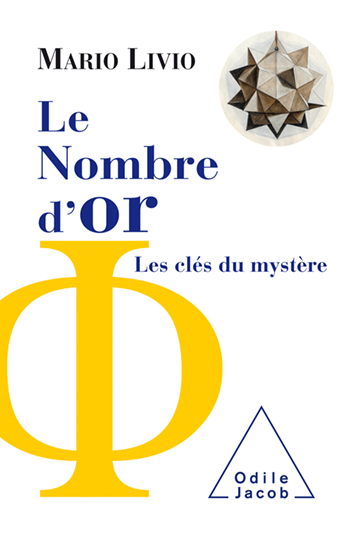
Mario Livio
The Golden Ratio: The Story of PHI, the World's Most Astonishing Number A mathematical myth
The Golden Ratio is a captivating journey through art and architecture, botany and biology, physics and mathematics.
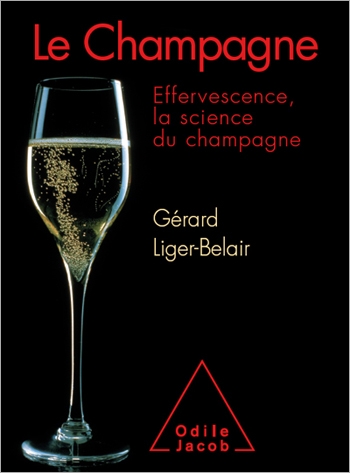
Gérard Liger-Belair
The Science of Champagne
In this fascinating book, Gérard Liger-Belair delves into the inner workings of champagne and pierces its mysteries...
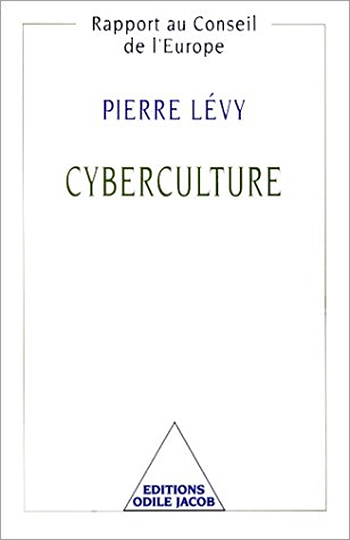
Pierre Lévy
Cyberculture
What is cyberculture? What are the social and cultural implications behind this technical phenomenon? Could it be held responsible for altering our relationship to knowledge? These are some of the questions addressed in Cyberculture, which covers such aspects of new technology as numerisation, navigation, memory, programming, software, virtual reality, multimedia, interactivity, and electronic mail. Written for the non-power user, this is a clear, complete and highly accessible presentation of new technologies, their uses and future stakes. Pierre Lévy is a philosopher who teaches at the University of Paris-VIII, in the hypermedia department.
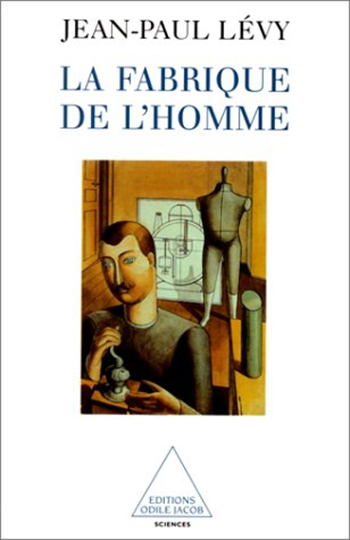
Jean-Paul Lévy
The Making of Man
Jean-Paul Lévy's book is marked by a resolutely materialistic reflexion, characteristic of biologists : the only thing that distinguishes man from all other living things is the capacity to reason. From this prospective, he explains how a human body is constructed, how and why it produces thoughts and why, one day, it finally ceases to function and dies. His thought process leads to a materialistic solution of the problem of the union of the body and soul. Jean-Paul Lévy is a hematologist and immunologist. He heads France's National Agency for AIDS Research
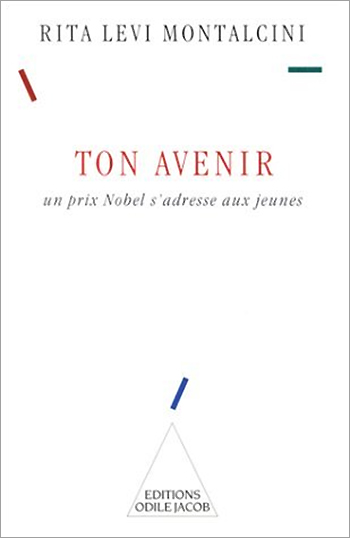
Rita Levi Montalcini
Your Future A Nobel Prize which speaks to young people
When a great scientist makes a point of getting through to young people and those around them.... When a Nobel prize brings within everyones reach all the key principles of biology.... When an exceptional woman passes down to new generations the values on which she has based her life.... Science with a conscience ! Rita Levi Montalcini recieved the Nobel Prize for Medicine. Born in Turin, but forced from Italy by the Fascism, she has for many years taught in the United States.

Rita Levi Montalcini
Praise of Imperfection New Edition
Rita Levi Montalcini's life has been entirely dedicated to scientific research. She grew up in a tightly knit Jewish family and studied medicine in Turin. Forced into inactivity by the racist laws of Fascist Italy, she set up a makeshift laboratory in her bedroom and began studying the development of the nervous system. Her research, which she completed in the United States after the war, led to the discovery of the nerve growth factor whose role is to stimulate the growth of nerve fibres. Her autobiography, written with warmth and simplicity, traces the progress of her life, including being awarded the Nobel Prize for Medicine.
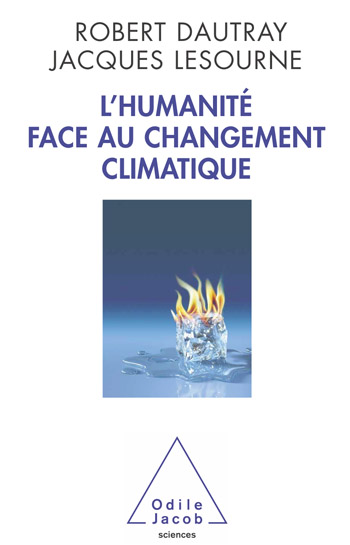
Robert Dautray, Jacques Lesourne
Humanity and the Challenge of Climate Change
A thorough examination of current scientific data concerning the evolution of climate change and related phenomena.

Pierre Lemarquis
The Benefits of Music for the Brains of Children and Adults
Music shapes and caresses our brain, it contributes to the development of individuals, to learning, to care, at every age in life.
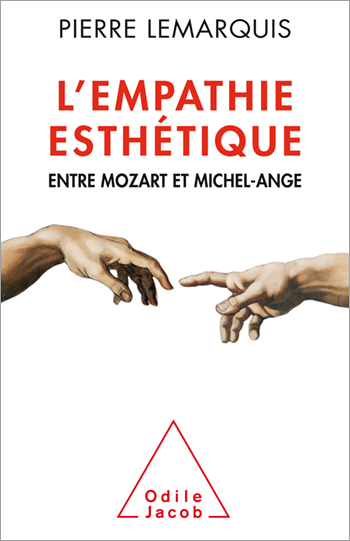
Pierre Lemarquis
Aesthetic Empathy
The powerful impact of art on the human brain, in the light of the latest advances in the neurosciences

